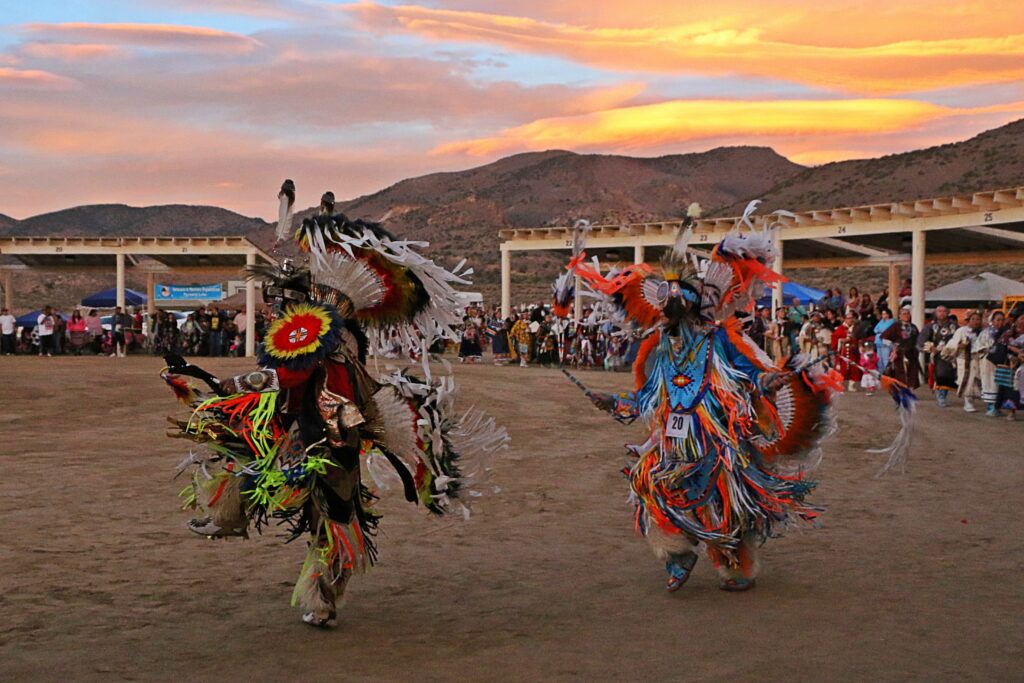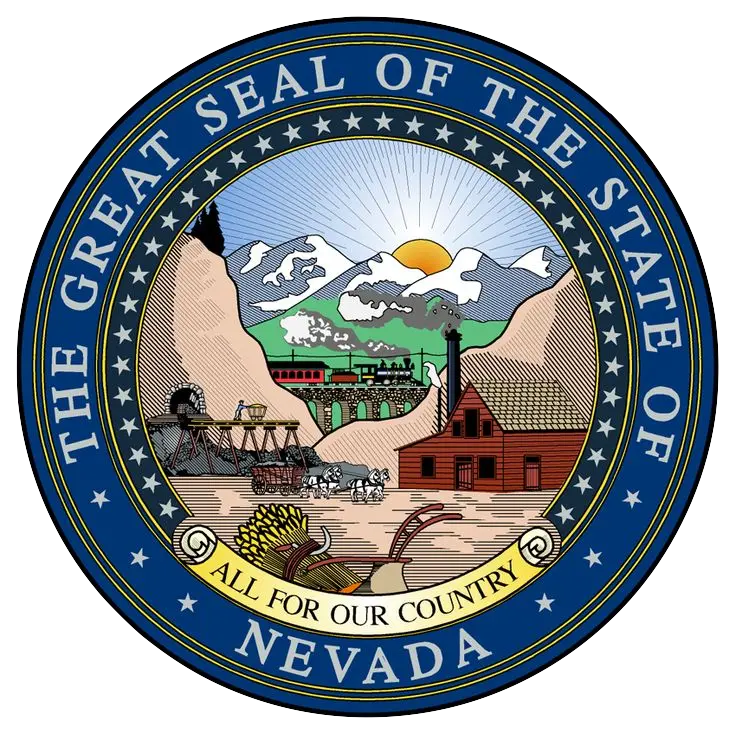Health Coverage for American Indians and Alaska Natives:
Native Americans who are members of a federally recognized tribe are exempt from the individual mandate.
Native Americans who earn less than 300% of the Federal Poverty Level (FPL) are exempt from cost sharing and qualify for premium tax credits. For example, they will not have to pay copayments or deductibles when they use medical services.
There are special provisions for the calculation of Modified Adjusted Gross Income for Native Americans, meaning that some revenue earned on reservations and from Federal Trust payments are exempt.
Native Americans can change their Qualified Health Plans (QHP) once a month without worrying about enrollment dates.
When can I enroll?
You can change your Qualified Health Plans (QHP) once a month without worrying about enrollment dates.
The special monthly enrollment periods and cost-sharing reductions apply only to members of a federally recognized tribe or Alaska Native Claims Settlement Act (ANCSA) Corporation shareholders. The Indian Health Service, tribal programs, or urban Indian programs may not provide full access to some services. By adding more health coverage, you can still use services the same way as you do now and it’s all billed to your insurance program. Choosing to enroll in a health insurance plan through Nevada Health Link you get to:
- Continue getting services from the Indian Health Service, Tribal Health Programs, or Urban Indian health programs. (I/T/Us) This benefits the tribal community.
- Get services from any providers on the Qualified Health Plans through NV Health Link.

“You have more access to services along with utilizing your access to Indian Health Services.”
Cost Sharing Options
Zero Cost Sharing
- Zero cost sharing for income between 100%–300% of the Federal Poverty Level.
- You do not have to pay copayments, deductibles, or coinsurance when getting care from an Indian health care provider or when getting essential health benefits through
a Marketplace plan. - You do not need a referral from an Indian health care provider when getting essential health benefits through
a Marketplace plan.
Limited Cost Sharing
- Limited cost sharing for income below 100% or above 300% of the Federal Poverty Level.
- You do not have to pay copayments, deductibles, or coinsurance when getting care from an Indian healthcare provider.
- You do need a referral from an Indian health care provider when getting essential health benefits through a Marketplace plan to avoid paying copayments, deductibles, or coinsurance.
Members of federally recognized tribes who qualify for cost-sharing reductions are not exempt from premiums. However, you may qualify for the advance payment of premium tax credits, depending on your income. Some tribes participate in a tribal sponsorship program where they pay premiums on behalf of their tribal members. Please contact your tribe for more information.
AI/AN Specific Cost-Sharing Protections
All Tribal citizens who enroll in a Qualified Health Plan on NV Health Link are eligible for one of the two AI/AN specific cost-sharing protections.
Type 1: Zero Cost-Sharing – Benefits:
- You DO NOT have to pay copayments, deductibles, or coinsurance when receiving care from an Indian healthcare provider or when getting essential health benefits through a Qualified Healthcare Provider (QHP).
- You DO NOT need a referral from an Indian healthcare provider when getting essential health benefits through a Qualified Healthcare Provider (QHP).
Eligibility for receiving Zero Cost-Sharing:
- Enroll in health insurance coverage through NV Health Link
- Tribal citizen (provide documentation of enrollment status)
- Eligibility for premium tax credits
- Income is between 100% and 300% of the federal poverty level.
Type 2: Limited Cost-Sharing – Benefits:
- You DO NOT have to pay copayments, deductibles, or coinsurance when getting care from an Indian healthcare provider.
- You DO NEED a referral from an Indian health care provider when getting essential health benefits through a qualified health plan to avoid paying copayments, deductibles, or coinsurance.
What is needed to qualify:
- Available to enrolled Tribal members of any income level
- Enroll in health insurance coverage through Nevada Health Link
- Tribal citizen (provide documentation of tribal status)
- No requirement for eligibility for Premium Tax Credits
Documents Required to Apply for Nevada Health Link Coverage
You must be able to verify that you are a member of a federally recognized tribe, Band, Pueblo or Rancheria, or shareholder in an Alaska Native Corporation in order to be eligible for special benefits available to AI/ANs.
• A document issued by a federally recognized tribe indicating tribal membership.
• A document issued by an Alaska Native village/tribe, or an ANCSA Corporation (regional or village) indicating shareholder status.
Assistance & Resources
- Indian Health Care providers
- Community Health Representative
- Nevada Health Link Tribal Assistance for Enrollment in a Qualified Health Plan
Brokers and Certified Enrollment Counselor (CECs) who have worked with our local NV Tribal Nations. These assistors can help you navigate what health care coverage options are best and available for you and your family. They provide free support and are happy to assist you.
Northern Nevada
- Gina Aguerre (Broker) 775-829-1221
gina@nvsilver.com - Samantha Harjo (Broker) 208-724-4800
sam@ioidaho.com - Abby Amadore (CEC) 775-888-6643
amadore@nvhealthcenters.org
Southern Nevada
- Asian Community Resource Center (ACRC) 725-205-1205
https://www.lvacrc.org/ - Curtis McCall (Broker) 702-612-9897
curtis@protectnv.com
Frequently Asked Questions
The Indian Health Service, tribal programs, or urban Indian programs may not provide full access to some services. By adding more health coverage, you can still use services the same way as you do now and it’s all billed to your insurance program. Choosing to enroll in a health insurance plan through Nevada Health Link you get to:
- Continue getting services from the Indian Health Service, Tribal Health Programs, or Urban Indian health programs. (I/T/Us) This benefits the tribal community.
- Get services from any providers on the Qualified Health Plans through NV Health Link.
The Marketplace application asks you to provide income information that’s reportable on your federal income tax return. In general, you won’t report American Indian or Alaska Native (AI/AN) income that the IRS exempts from tax (income from treaty fishing rights, for example).
The Marketplace application will ask you to report income from various sources and will determine your eligibility for Marketplace insurance plans, Medicaid, and the Children’s Health Insurance Program (CHIP).
Most AI/AN trust income and resources aren’t counted when determining eligibility for these programs. But per capita income derived from gaming is taxable and therefore counted for these programs.
If one family member on the application is eligible for the Special Enrollment Period (SEP), all family members who apply on the same Marketplace application are eligible. This is true even if different family members are eligible for different Marketplace plans, based on differing eligibility for lower monthly premiums or out-of-pocket costs.
Please note : If a federally recognized tribal member and non-tribal members enroll in the same Marketplace plan, the tribal family member will not be able to use cost-sharing savings.
Federally recognized tribal members and non-tribal family members with an income under 300 percent of the Federal Poverty Level should consider enrolling in separate plans if they want to take advantage of all potential savings.
You must be able to verify that you are a member of a federally recognized tribe, Band, Pueblo or Rancheria, or shareholder in an Alaska Native Corporation in order to be eligible for special benefits available to AI/ANs.
- A document issued by a federally recognized tribe indicating tribal membership.
- A document issued by an Alaska Native village/tribe, or an ANCSA Corporation (regional or village) indicating shareholder status.
A: Members of federally recognized tribes, ANCSA Corporation shareholders, and people who are otherwise eligible for services through an Indian health care provider can claim the Indian exemption when filing a federal income tax return.
- Download the IRS Form 8965 – Health Coverage Exemptions and Instructions.
- On Part III of the form, enter the code for the Indian Exemption (Code E) in column C.
- Check the box in column D for “Full Year” (no additional documentation needed).
- Include completed Form 8965 when filing tax returns.
No penalty for the 2019 plan year and later
- Starting with the 2019 plan year, the fee no longer applies for anybody, regardless of Indian status. (The fee is sometimes called the “Shared Responsibility Payment” or “mandate.”)
- If you didn’t have coverage during 2019 to current, you don’t need an exemption in order to avoid the penalty.
Resources:





